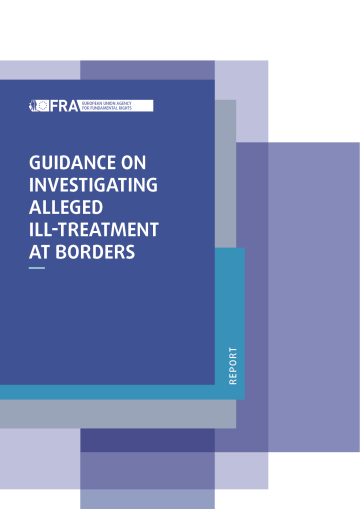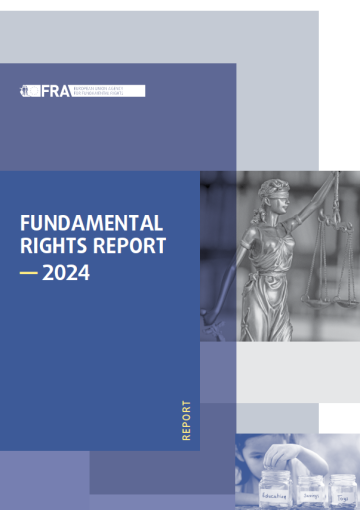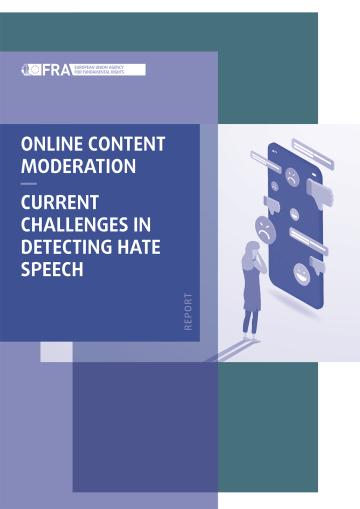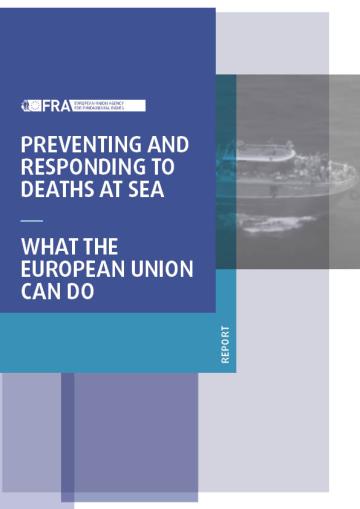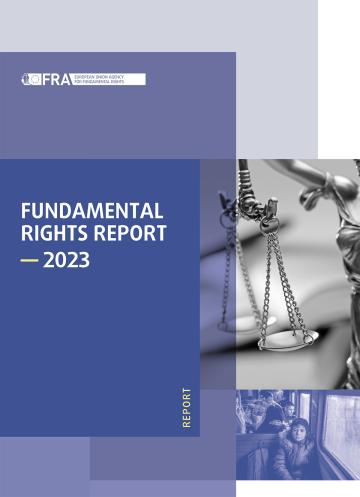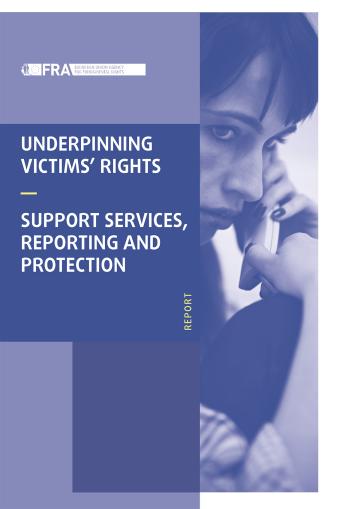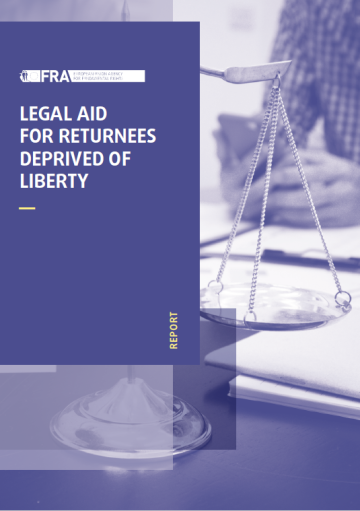Σκοπός του άρθρου 52 είναι να καθορίσει την εμβέλεια των δικαιωμάτων και αρχών του Χάρτη και να θεσπίσει κανόνες για την ερμηνεία τους. Η παράγραφος 1 αφορά το καθεστώς των περιορισμών. Η διατύπωση εμπνέεται από τη νομολογία του Δικαστηρίου: `… κατά πάγια νομολογία μπορεί να επέλθουν περιορισμοί στην άσκηση των θεμελιωδών δικαιωμάτων, ιδίως στο πλαίσιο κοινής οργάνωσης της αγοράς, υπό την προϋπόθεση ότι οι εν λόγω περιορισμοί ανταποκρίνονται πράγματι σε στόχους γενικού συμφέροντος που επιδιώκει η Κοινότητα και δεν συνιστούν, ενόψει του επιδιωκομένου στόχου, υπέρμετρη και επαχθή επέμβαση, η οποία θα έθιγε την ίδια την ουσία των δικαιωμάτων αυτών` (απόφαση της 13ης Απριλίου 2000, υπόθ. C-292/97, παράγραφος 45 του σκεπτικού). Η μνεία των γενικών συμφερόντων που αναγνωρίζονται από την Ένωση καλύπτει τόσο τους στόχους που αναφέρονται στο άρθρο 3 της Συνθήκης για την Ευρωπαϊκή Ένωση όσο και άλλα συμφέροντα που προστατεύονται από ειδικές διατάξεις των Συνθηκών, όπως το άρθρο 4, παράγραφος 1 της Συνθήκης για την Ευρωπαϊκή Ένωση, το άρθρο 35, παράγραφος 3 της Συνθήκης για τη λειτουργία της Ευρωπαϊκής Ένωσης και τα άρθρα 36 και 346 της εν λόγω Συνθήκης.
Η παράγραφος 2 αναφέρεται σε δικαιώματα τα οποία ήδη είχαν κατοχυρωθεί ρητώς στη Συνθήκη περί ιδρύσεως της Ευρωπαϊκής Κοινότητας και έχουν αναγνωρισθεί στο Χάρτη, και τα οποία περιλαμβάνονται πλέον στις Συνθήκες (ιδίως τα δικαιώματα που απορρέουν από την ιθαγένεια της Ένωσης). Διευκρινίζει ότι τα δικαιώματα αυτά υπόκεινται πάντοτε στους όρους και στα όρια που ισχύουν για το δίκαιο της Ένωσης επί του οποίου θεμελιώνονται, όπως προβλέπονται στις Συνθήκες. Ο Χάρτης δεν μεταβάλλει το καθεστώς των δικαιωμάτων που απονέμονται από τη Συνθήκη ΕΚ, τα οποία έχουν περιληφθεί στις Συνθήκες.
Η παράγραφος 3 επιδιώκει τη διασφάλιση της αναγκαίας συνοχής μεταξύ του Χάρτη και της ΕΣΑΔ, θέτοντας τον κανόνα ότι, στο μέτρο που τα δικαιώματα του παρόντος Χάρτη αντιστοιχούν επίσης σε δικαιώματα που διασφαλίζονται από την ΕΣΑΔ, η έννοια και η εμβέλειά τους, συμπεριλαμβανομένων των αποδεκτών περιορισμών, είναι ίδιες με αυτές που προβλέπει η ΕΣΑΔ. Από τα παραπάνω προκύπτει ιδίως ότι ο νομοθέτης, θέτοντας περιορισμούς στα δικαιώματα αυτά πρέπει να τηρεί τα ίδια πρότυπα με αυτά που ορίζονται από το λεπτομερές καθεστώς των περιορισμών που προβλέπεται στην ΕΣΑΔ, τα οποία καθίστανται με τον τρόπο αυτό εφαρμοστέα επί των δικαιωμάτων που καλύπτονται από την παρούσα παράγραφο, χωρίς αυτό να θίγει την αυτονομία του δικαίου της Ένωσης και του Δικαστηρίου της Ευρωπαϊκής Ένωσης.
Η μνεία της ΕΣΑΔ στοχεύει συγχρόνως στη Σύμβαση και τα Πρωτόκολλά της. Η έννοια και η εμβέλεια των δικαιωμάτων που διασφαλίζονται καθορίζονται όχι μόνο από το κείμενο των πράξεων αυτών, αλλά και από τη νομολογία του Ευρωπαϊκού Δικαστηρίου των Δικαιωμάτων του Ανθρώπου και από το Δικαστήριο της Ευρωπαϊκής Ένωσης. Στόχος της τελευταίας φράσης της παραγράφου είναι να δοθεί στην Ένωση η δυνατότητα να εξασφαλίσει ευρύτερη προστασία. Εν πάση περιπτώσει, το επίπεδο προστασίας που παρέχεται από τον Χάρτη δεν μπορεί ποτέ να είναι κατώτερο από αυτό που εγγυάται η ΕΣΑΔ.
Ο Χάρτης δεν παρακωλύει τα κράτη μέλη από το να κάνουν χρήση του άρθρου 15 της ΕΣΑΔ, το οποίο επιτρέπει παρεκκλίσεις από τα δικαιώματα της ΕΣΑΔ σε περιπτώσεις πολέμου ή άλλων δημόσιων κινδύνων που συνιστούν απειλή για το έθνος, όταν λαμβάνουν μέτρα στους τομείς της εθνικής άμυνας σε περίπτωση πολέμου και της τήρησης της δημόσιας τάξης, σύμφωνα με τις σφαίρες ευθύνης τους που αναγνωρίζονται στο άρθρο 4, παράγραφος 1 της Συνθήκης για την Ευρωπαϊκή Ένωση και στα άρθρα 72 και 347 της Συνθήκης για τη λειτουργία της Ευρωπαϊκής Ένωσης.
Ο κατάλογος των δικαιωμάτων που μπορούν επί του παρόντος, και χωρίς αυτό να αποκλείει την εξέλιξη του δικαίου, της νομοθεσίας και των Συνθηκών, να θεωρηθεί ότι αντιστοιχούν σε δικαιώματα της ΕΣΑΔ κατά την έννοια της παρούσας παραγράφου, περιλαμβάνεται κατωτέρω. Δεν συμπεριλαμβάνονται τα δικαιώματα που προστίθενται σε αυτά της ΕΣΑΔ.
1. Άρθρα του Χάρτη, των οποίων η έννοια και η εμβέλεια είναι οι ίδιες με εκείνες των αντίστοιχων άρθρων της ΕΣΑΔ:
- το άρθρο 2 αντιστοιχεί στο άρθρο 2 της ΕΣΑΔ·
- το άρθρο 4 αντιστοιχεί στο άρθρο 3 της ΕΣΑΔ·
- το άρθρο 5, παράγραφοι 1 και 2 αντιστοιχεί στο άρθρο 4 της ΕΣΑΔ·
- το άρθρο 6 αντιστοιχεί στο άρθρο 5 της ΕΣΑΔ·
- το άρθρο 7 αντιστοιχεί στο άρθρο 8 της ΕΣΑΔ·
- το άρθρο 10, παράγραφος 1 αντιστοιχεί στο άρθρο 9 της ΕΣΑΔ·
- το άρθρο 11 αντιστοιχεί στο άρθρο 10 της ΕΣΑΔ, με την επιφύλαξη των περιορισμών τους οποίους το δίκαιο της Ένωσης μπορεί να επιφέρει στην ευχέρεια των κρατών μελών να εγκαθιδρύσουν τα καθεστώτα εκδόσεως αδειών λειτουργίας που προβλέπονται στο άρθρο 10, παράγραφος 1, τρίτη φράση της ΕΣΑΔ·
- το άρθρο 17 αντιστοιχεί στο άρθρο 1 του Πρόσθετου Πρωτοκόλλου της ΕΣΑΔ·
- το άρθρο 19, παράγραφος 1, αντιστοιχεί στο άρθρο 4 του Πρόσθετου Πρωτοκόλλου αριθ. 4·
- το άρθρο 19, παράγραφος 2 αντιστοιχεί στο άρθρο 3 της ΕΣΑΔ, όπως ερμηνεύεται από το Ευρωπαϊκό Δικαστήριο των Δικαιωμάτων του Ανθρώπου·
- το άρθρο 48 αντιστοιχεί στο άρθρο 6, παράγραφοι 2 και 3 ΕΣΑΔ·
- το άρθρο 49, παράγραφοι 1 (εκτός της τελευταίας φράσης) και 2 αντιστοιχεί στο άρθρο 7 της ΕΣΑΔ.
2. Άρθρα των οποίων η έννοια είναι η ίδια με εκείνη των αντίστοιχων άρθρων της ΕΣΑΔ, αλλά έχουν ευρύτερη εμβέλεια:
- το άρθρο 9 καλύπτει το πεδίο του άρθρου 12 της ΕΣΑΔ, αλλά το πεδίο εφαρμογής του μπορεί να επεκταθεί σε άλλες μορφές γάμου, εφόσον θεσπισθούν από την εθνική νομοθεσία·
- το άρθρο 12, παράγραφος 1 αντιστοιχεί στο άρθρο 11 της ΕΣΑΔ, αλλά το πεδίο εφαρμογής του επεκτείνεται στο επίπεδο της Ευρωπαϊκής Ένωσης·
- το άρθρο 14, παράγραφος 1 αντιστοιχεί στο άρθρο 2 του Πρόσθετου Πρωτοκόλλου της ΕΣΑΔ, αλλά το πεδίο εφαρμογής του επεκτείνεται στην πρόσβαση στην επαγγελματική και συνεχή κατάρτιση·
- το άρθρο 14, παράγραφος 3 αντιστοιχεί στο άρθρο 2 του Πρόσθετου Πρωτοκόλλου της ΕΣΑΔ, όσον αφορά τα δικαιώματα των γονέων·
- το άρθρο 47, παράγραφοι 2 και 3 αντιστοιχεί στο άρθρο 6, παράγραφος 1 της ΕΣΑΔ, αλλά ο περιορισμός στις αμφισβητήσεις επί των αστικής φύσεως δικαιωμάτων και υποχρεώσεων είτε στις κατηγορίες σε ποινικές υποθέσεις δεν έχει επιπτώσεις όσον αφορά το δίκαιο της Ένωσης και την εφαρμογή του·
- το άρθρο 50 αντιστοιχεί στο άρθρο 4 του Πρωτοκόλλου αριθ. 7 της ΕΣΑΔ, αλλά η εμβέλειά του επεκτείνεται στο επίπεδο της Ευρωπαϊκής Ένωσης μεταξύ των δικαστηρίων των κρατών μελών·
- τέλος, οι πολίτες της Ευρωπαϊκής Ένωσης δεν μπορούν, εντός του πεδίου εφαρμογής του δικαίου της Ένωσης, να θεωρηθούν ως αλλοδαποί λόγω της απαγόρευσης κάθε διάκρισης λόγω ιθαγένειας. Οι περιορισμοί που προβλέπονται στο άρθρο 16 ΕΣΑΔ όσον αφορά τα δικαιώματα των αλλοδαπών δεν εφαρμόζονται, επομένως, επ’ αυτών στο εν λόγω πλαίσιο.
Ο κανόνας ερμηνείας που περιλαμβάνεται στην παράγραφο 4 βασίζεται στη διατύπωση του άρθρου 6, παράγραφος 3 της Συνθήκης για την Ευρωπαϊκή Ένωση, σε αυτόν δε λαμβάνεται δεόντως υπόψη η ακολουθούμενη από το Δικαστήριο προσέγγιση των κοινών συνταγματικών παραδόσεων (π.χ. απόφαση της 13ης Δεκεμβρίου 1979, υπόθ. 44/79, Hauer, Συλλ. 1979, σ. 3727· και απόφαση της 18ης Μαΐου 1982, υπόθ. 155/79, AM&S, Συλλ. 1982, σ. 1575). Σύμφωνα με τον κανόνα αυτόν, αντί να εφαρμόζεται μια άκαμπτη προσέγγιση `ελάχιστου κοινού παρονομαστή`, τα εν λόγω δικαιώματα του Χάρτη θα πρέπει να ερμηνεύονται κατά τρόπο που εξασφαλίζει τον υψηλό βαθμό προστασίας που απαιτείται από το δίκαιο της Ένωσης και είναι σύμφωνος με τις κοινές συνταγματικές παραδόσεις.
Η παράγραφος 5 διευκρινίζει τη διάκριση μεταξύ των `δικαιωμάτων` και των `αρχών` που περιλαμβάνονται στον Χάρτη. Σύμφωνα με τη διάκριση αυτή, τα υποκειμενικά δικαιώματα τυγχάνουν σεβασμού, ενώ οι αρχές τηρούνται (άρθρο 51, παράγραφος 1). Οι αρχές μπορούν να τίθενται σε εφαρμογή με νομοθετικές ή εκτελεστικές πράξεις (που θεσπίζονται από την Ένωση δυνάμει των αρμοδιοτήτων της και από τα κράτη μέλη μόνο κατά την εφαρμογή του δικαίου της Ένωσης)· επομένως, καθίστανται ουσιαστικής σημασίας για τα δικαστήρια μόνο κατά την ερμηνεία ή τον έλεγχο των πράξεων αυτών. Ωστόσο, δεν οδηγούν σε αξιώσεις για λήψη θετικής δράσης από τα θεσμικά όργανα της Ένωσης ή τις αρχές των κρατών μελών· αυτό είναι σύμφωνο τόσο με τη νομολογία του Δικαστηρίου (βλ. ιδίως νομολογία για την `αρχή της προφύλαξης` του άρθρου 191, παράγραφος 2 της Συνθήκης για τη λειτουργία της Ευρωπαϊκής Ένωσης: απόφαση του Πρωτοδικείου της 11ης Σεπτεμβρίου 2002, υπόθ. Τ-13/99, Pfizer κατά Συμβουλίου, Συλλ. 2002, σ. ΙΙ-3305, με πολλές παραπομπές σε παλαιότερη νομολογία, και μια σειρά αποφάσεων σχετικά με το άρθρο 33 (πρώην 39) για τις αρχές του γεωργικού δικαίου: π.χ. απόφαση του Δικαστηρίου στην υπόθεση C-265/85, Van den Berg, Συλλ. 1987, σ. 1155: διερεύνηση της αρχής της σταθεροποίησης της αγοράς και των εύλογων προσδοκιών) όσο και με την προσέγγιση που ακολουθούν τα συνταγματικά συστήματα των κρατών μελών ως προς τις `αρχές`, ιδίως στον τομέα του κοινωνικού δικαίου. Παραδείγματα αρχών που αναγνωρίζονται στο Χάρτη είναι τα άρθρα 25, 26 και 37. Σε ορισμένες περιπτώσεις, ένα άρθρο του Χάρτη μπορεί να περιλαμβάνει τόσο στοιχεία δικαιώματος όσο και αρχής, βλ. άρθρα 23, 33 και 34.
Η παράγραφος 6 αναφέρεται στα διάφορα άρθρα του Χάρτη τα οποία, με πνεύμα επικουρικότητας, περιλαμβάνουν παραπομπές στις εθνικές νομοθεσίες και πρακτικές.



